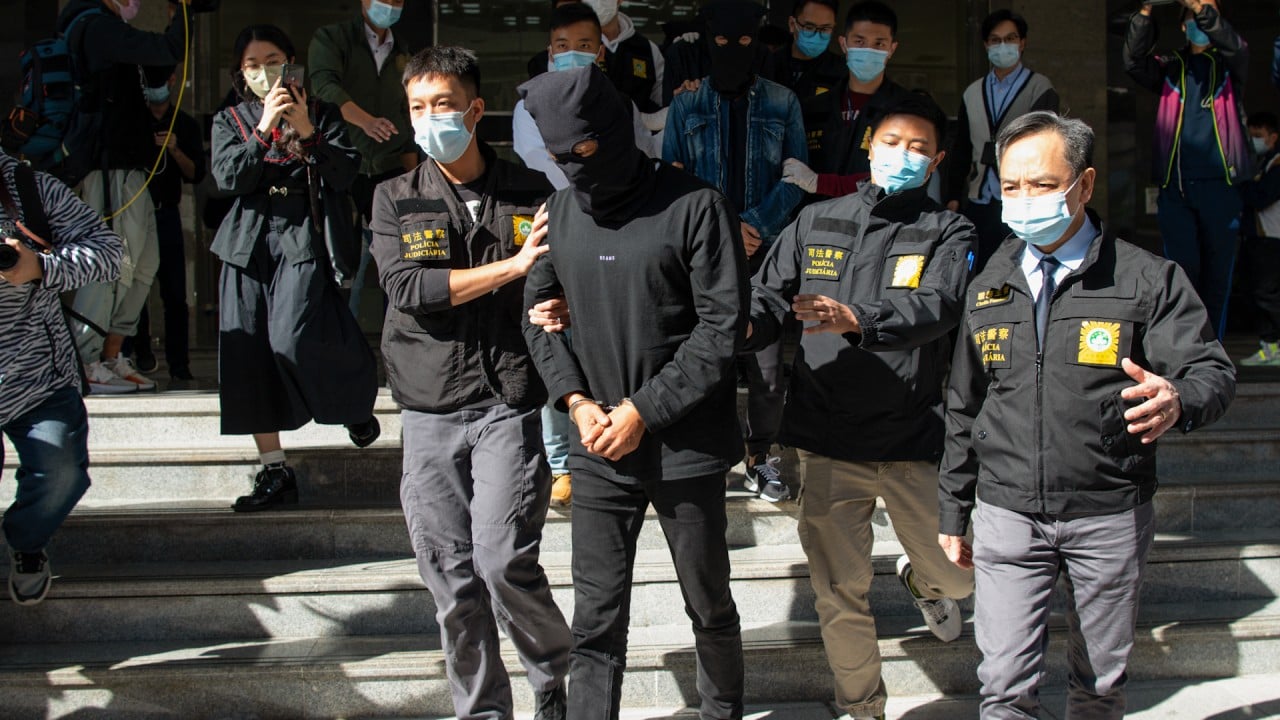
Macau’s property market has taken a hard knock, but the dice are loaded in the city’s favour long-term
- China’s tough line on vice and its zero-Covid approach have hurt Macau’s gaming industry over the past several years and its real estate markets more recently
- However, in the long run, Beijing will still prefer a more tightly controlled gambling market on the mainland’s doorstep to a free-for-all across China
Yet, monetary policy is just one of several headwinds blowing against the industry. Other policy-induced pressures include countries’ commitments to tackle climate change and a range of measures aimed at deterring speculation in overheated housing markets.

In the residential market, sales have fallen sharply since April, causing transactions to drop 50.5 per cent year on year in the first half of this year to a record low, data from JLL shows. Not surprisingly, presales accounted for just 2.7 per cent of transactions, their lowest share in recent years.
In the office market, the overall vacancy rate hit 12 per cent in June, double the level at the peak of the gaming boom in 2014. According to an index compiled by JLL, rental and capital values are 25-30 per cent below their levels in the first quarter of 2015. Even in the higher-quality Grade A segment, rents and prices fell at an annual rate of 5.7 per cent and 6 per cent respectively in the first half of this year.
The damage to the retail sector, not surprisingly, has been more severe. Prime high street rents and capital values dropped more than 16 per cent in the first half of this year, leaving them 60 per cent below their levels in 2015. “There was a time when we had one of the world’s top three Louis Vuitton stores by sales,” said Oliver Tong, general manager at JLL in Macau.
China’s banks are trapped between a property crisis and sluggish economy
Even gross gaming revenues for the mass segment of the market – the main contributor to operators’ profit and cash flow – are only expected to reach 30 per cent of 2019 levels this year, before rising to 70 per cent in 2023, according to Moody’s.
However, it would be wrong to write off Macau. While the recovery is beset with uncertainty, the city will eventually reclaim its gambling crown from Las Vegas. No other market is better placed to capitalise on demand for its casinos given that it is right on the doorstep of a huge gambling-mad country where betting is illegal.
Although Beijing has taken a hard line on the junket industry, a more tightly regulated, disciplinable gambling market offshore is preferable to an unregulated free-for-all across the mainland. Macau is still a key safety valve in China’s eyes.
What is more, even if the city’s gross gaming revenues were to stabilise at a much lower level than the US$36 billion achieved in 2019, this would still allow Macau to reclaim its crown. “Even if we recover to US$10 billion, that would be enough to keep six gaming concessionaires well in the black,” said Ben Lee, managing partner at IGamiX Management & Consulting in Macau.
To be sure, the recovery in the city’s property market will be a long and bumpy one. A “flight to quality” in the commercial sector, with the best-performing shopping centres and office buildings proving the most resilient, will become more apparent in the coming years.
Yet, Macau’s enduring role as China’s gambling capital, and the opportunities created by the city’s integration into the Greater Bay Area, suggest that, in the long term, the dice are still loaded in its favour.
Nicholas Spiro is a partner at Lauressa Advisory


